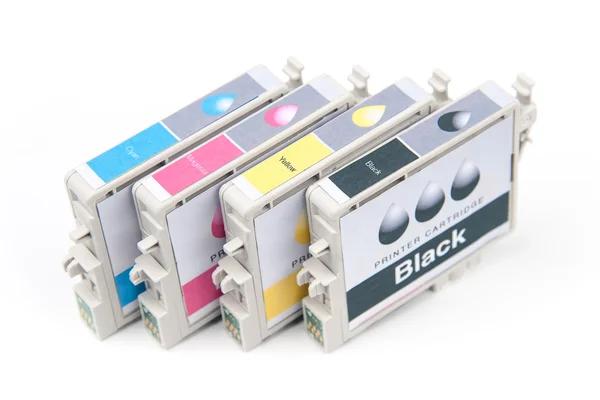
The Legal Landscape of THC Cartridges: Regulations and Compliance
admin
- 0
The legal landscape surrounding THC cartridges is a complex and rapidly evolving one. With the growing popularity of vaping and the increasing number of products on the market, regulators are struggling to keep up with the industry’s rapid expansion.
One of the biggest challenges facing regulators is ensuring that THC cartridges are safe for consumers. In recent years, there have been numerous reports of people becoming ill or even dying after using contaminated vape products. As a result, many states have implemented strict testing requirements for THC cartridges, including testing for pesticides, heavy metals, and other harmful substances.
In addition to safety concerns, regulators are also focused on preventing youth access to best thc carts cartridges. In many states, it is illegal to sell vape products to anyone under the age of 21. Retailers who violate these laws can face stiff penalties, including fines and even loss of their business licenses.
Another major issue facing regulators is ensuring that THC cartridges are accurately labeled. Many products on the market claim to contain a certain percentage of THC or CBD, but independent testing has shown that these claims are often inaccurate. Regulators are cracking down on companies that make false claims about their products’ potency in order to protect consumers from unknowingly ingesting dangerous substances.
Compliance with all of these regulations can be challenging for businesses in the THC cartridge industry. In addition to meeting safety and labeling requirements, companies must also navigate a patchwork of state and local laws that vary widely from one jurisdiction to another.
Despite these challenges, many companies in the THC cartridge industry see regulation as an opportunity rather than a hindrance. By complying with all applicable laws and regulations, businesses can build trust with consumers and differentiate themselves from less scrupulous competitors.
In conclusion, the legal landscape surrounding THC cartridges is constantly changing as regulators work to keep pace with this fast-growing industry. Companies that prioritize safety, accuracy in labeling, and compliance with all relevant laws will be well-positioned for success in this dynamic market. By working closely with regulators and staying informed about developments in this area, businesses can ensure their long-term viability while protecting public health and safety.


